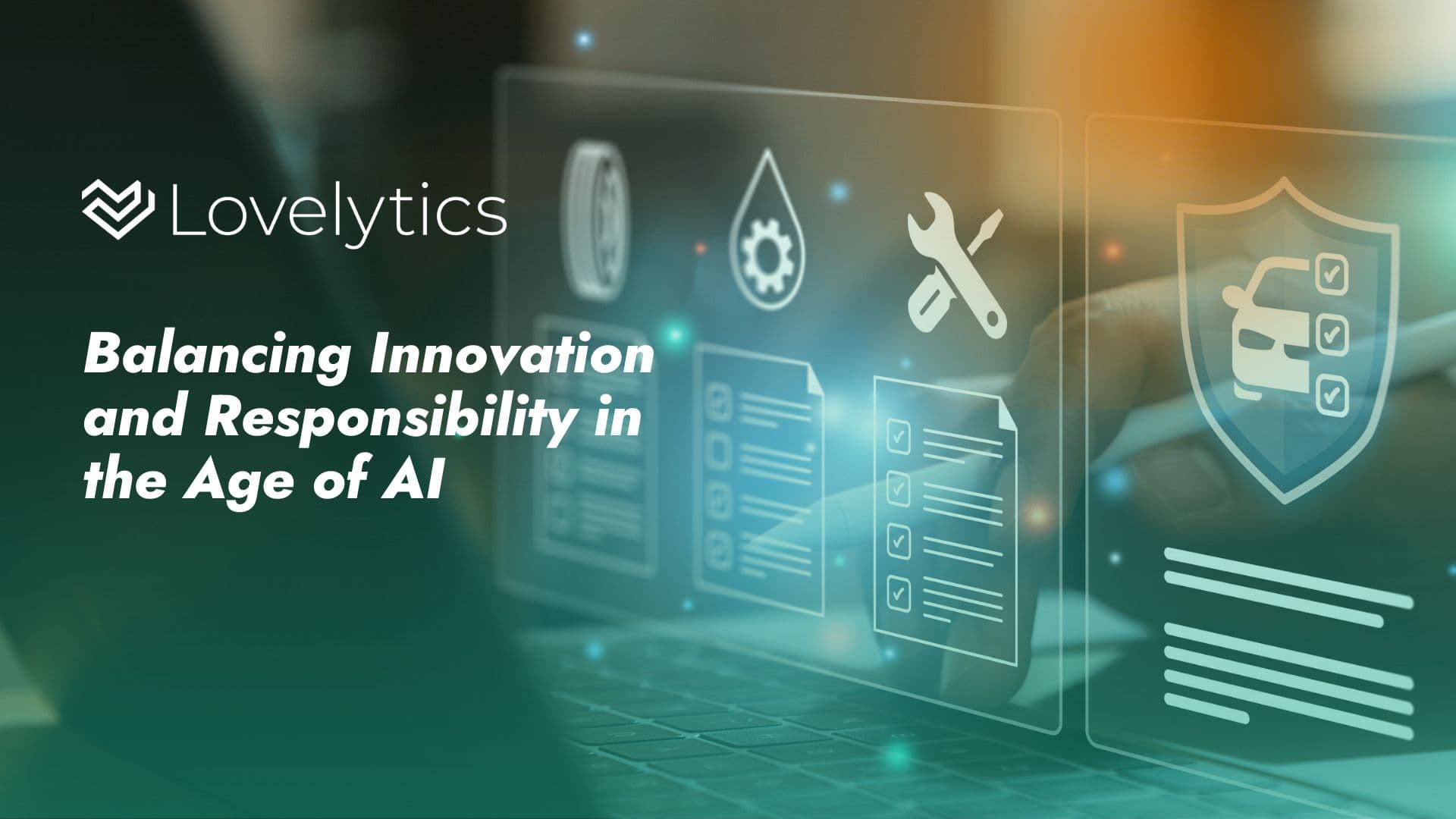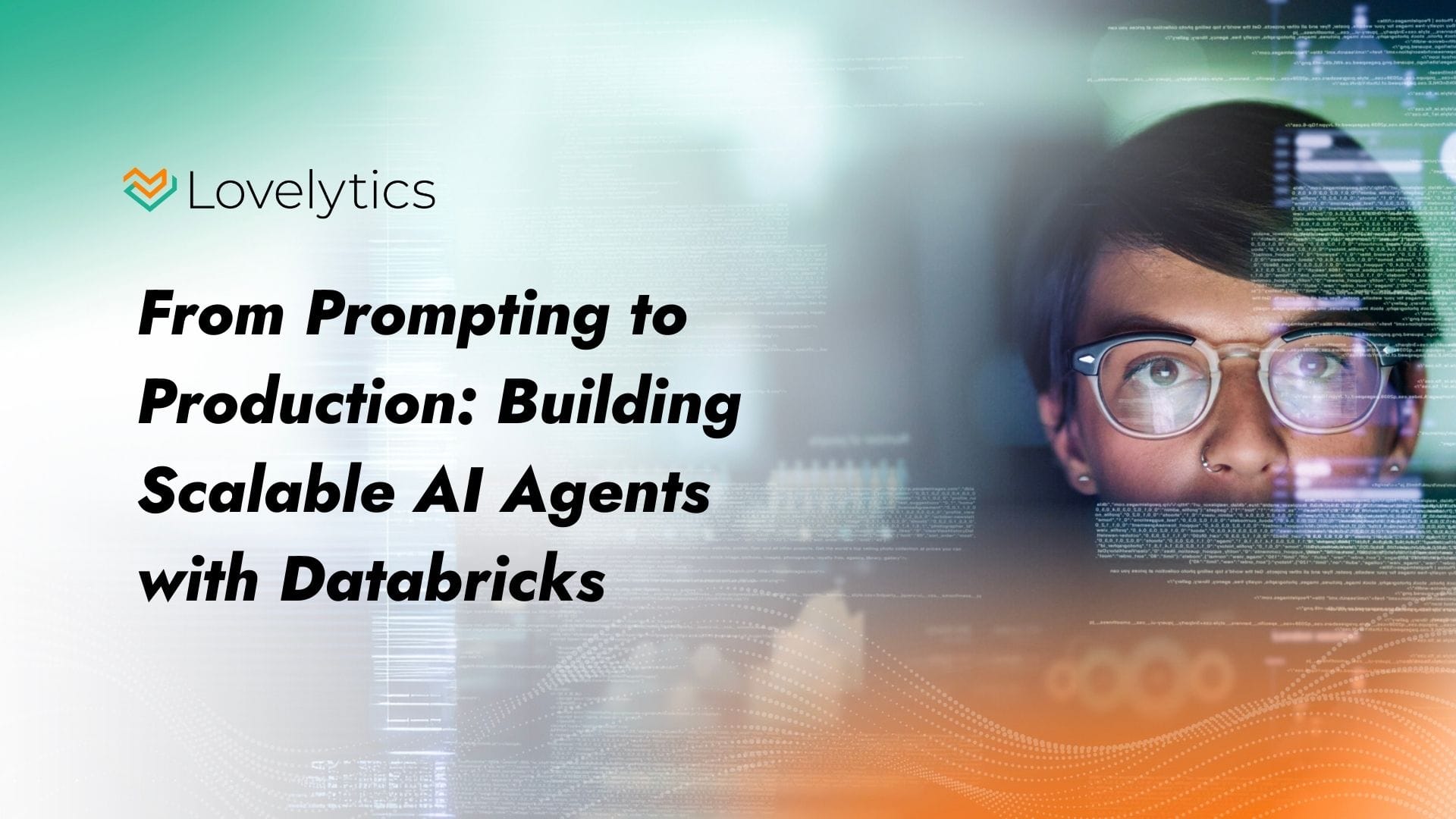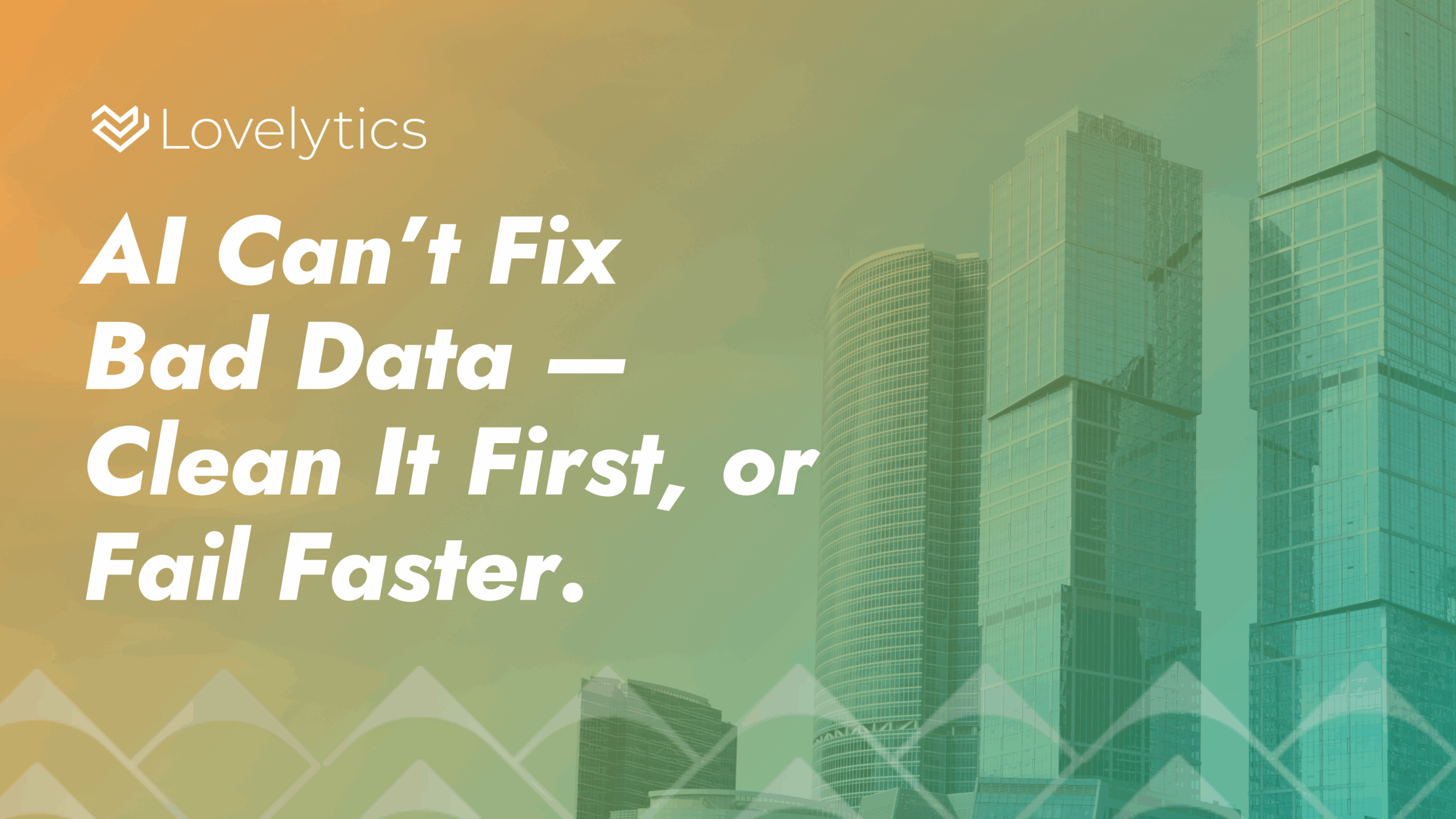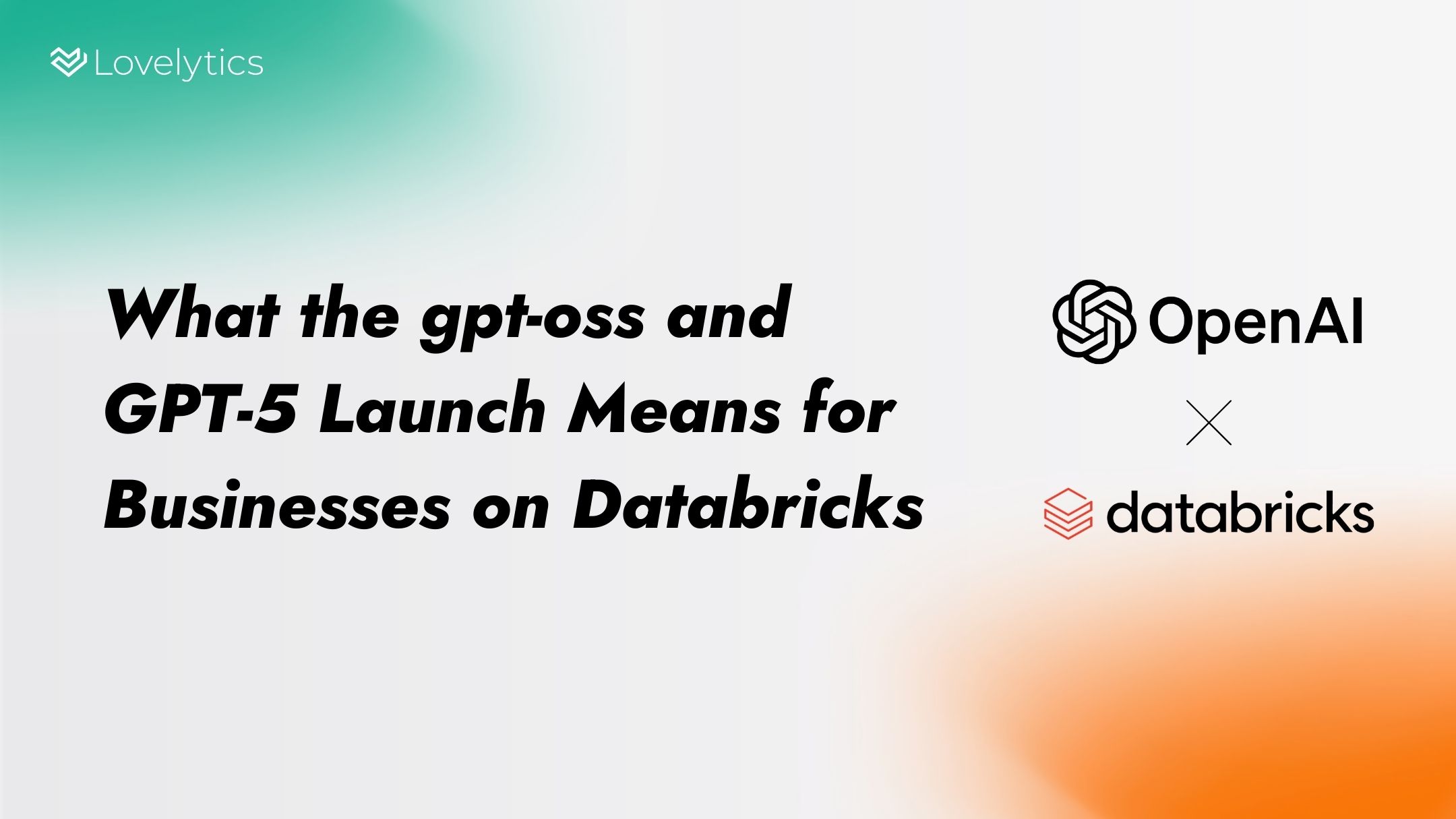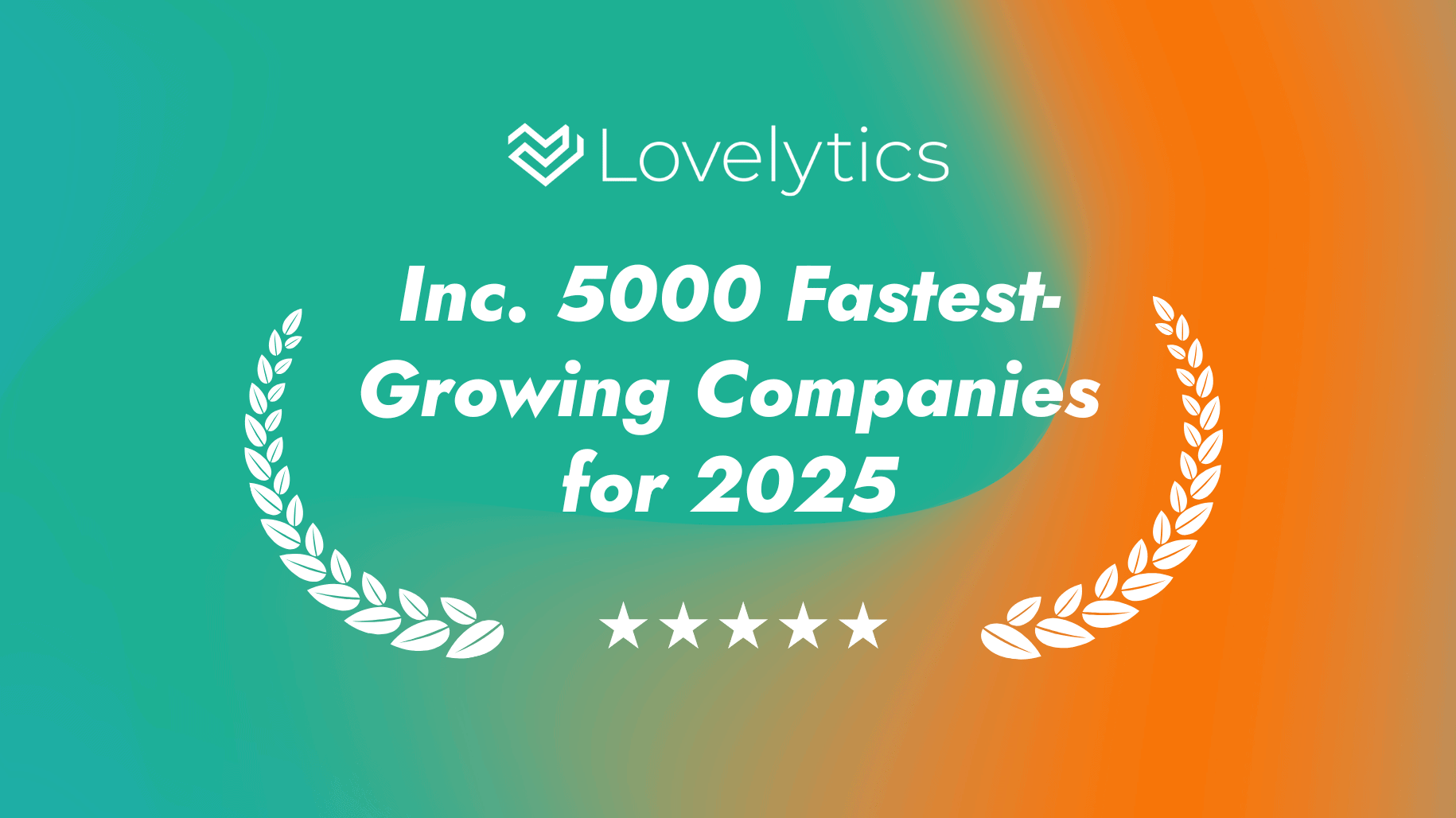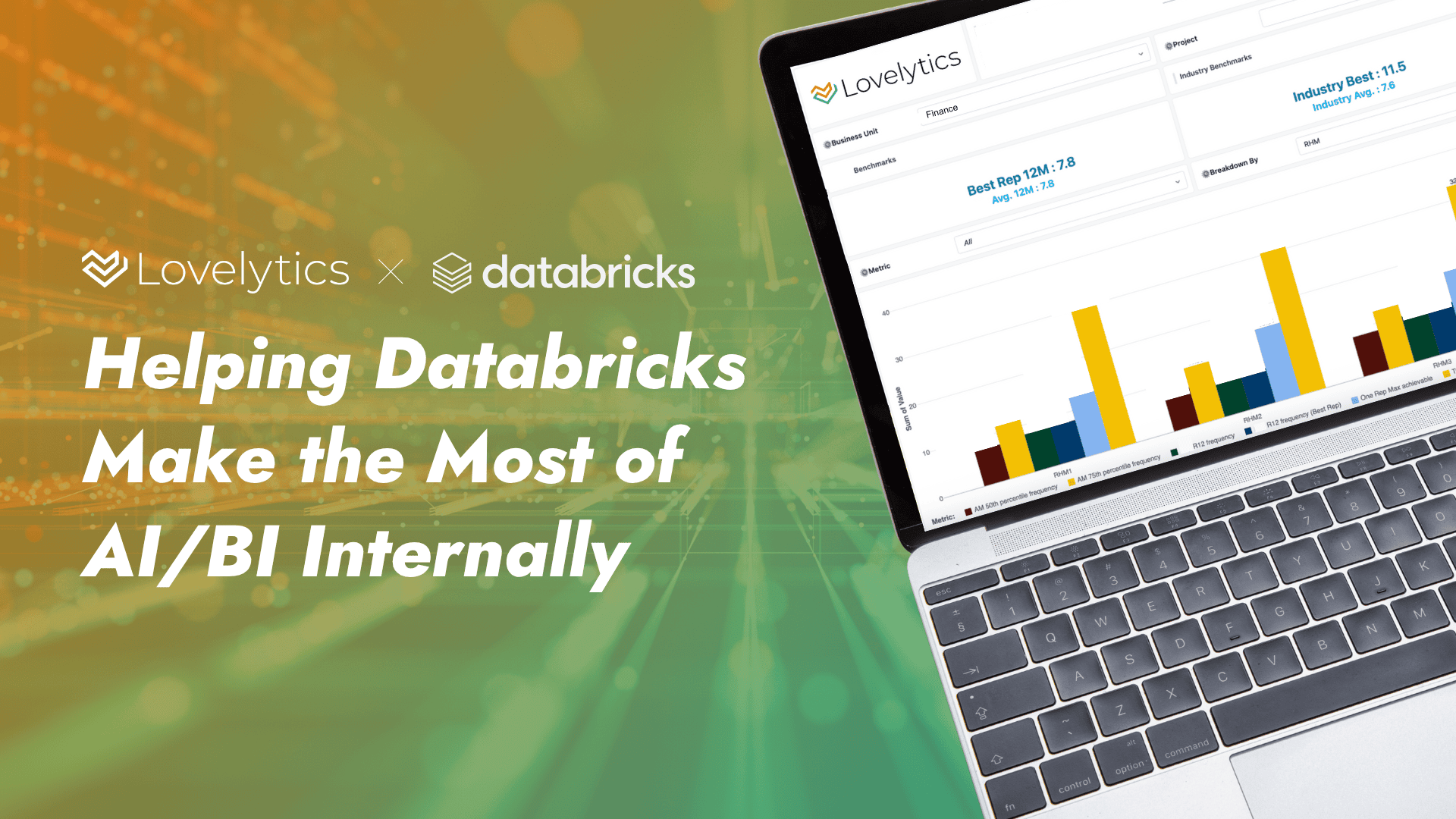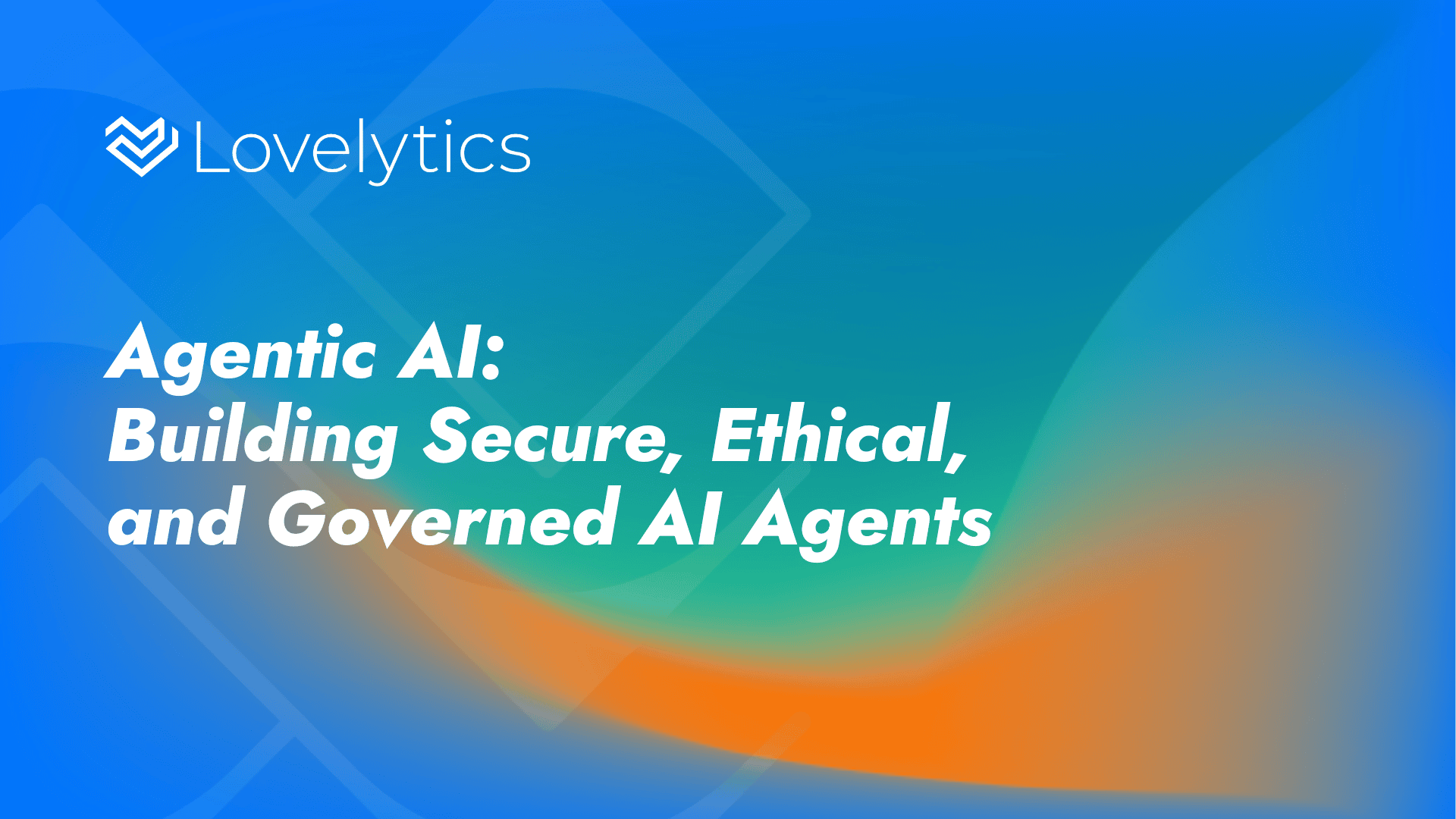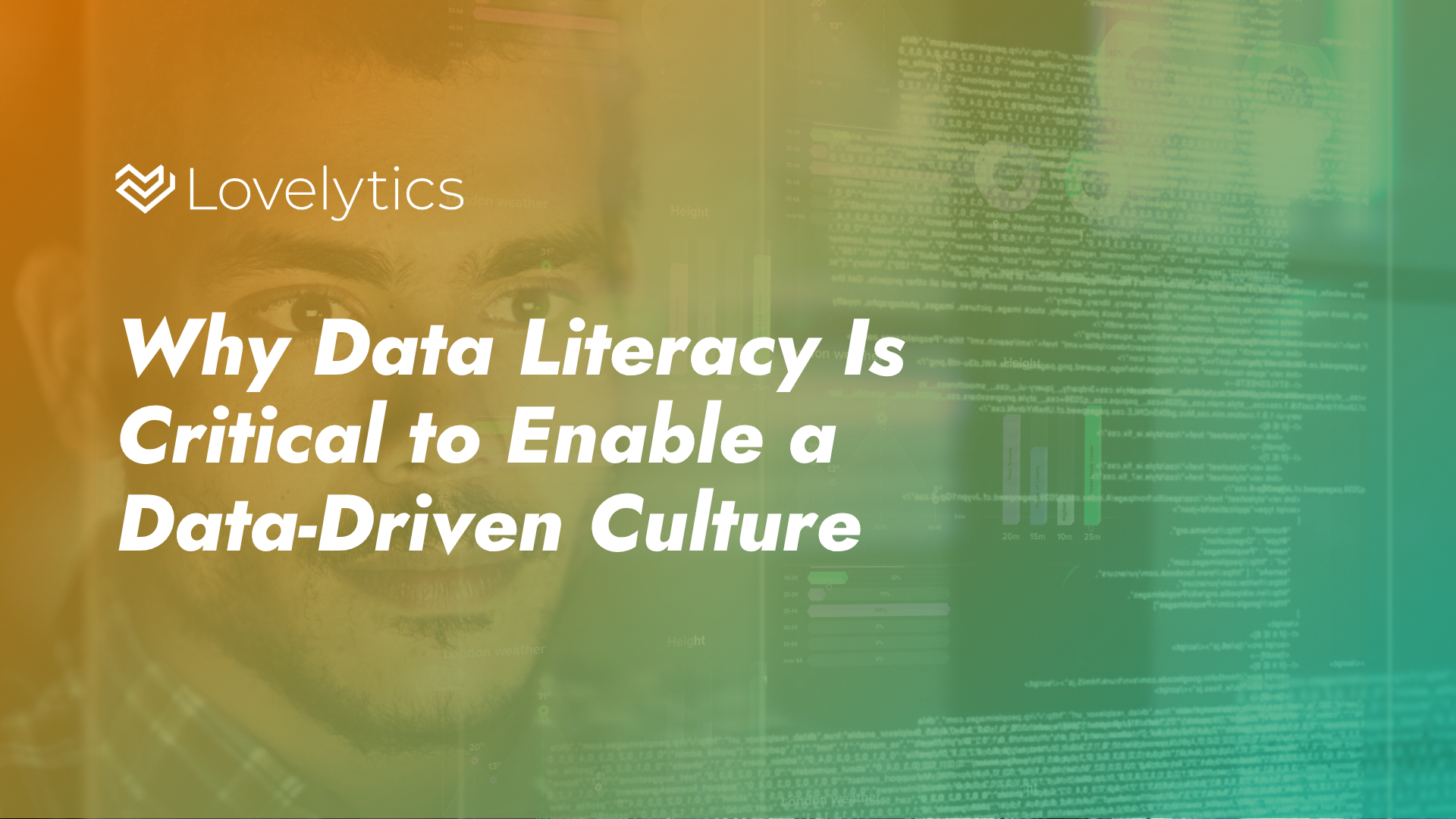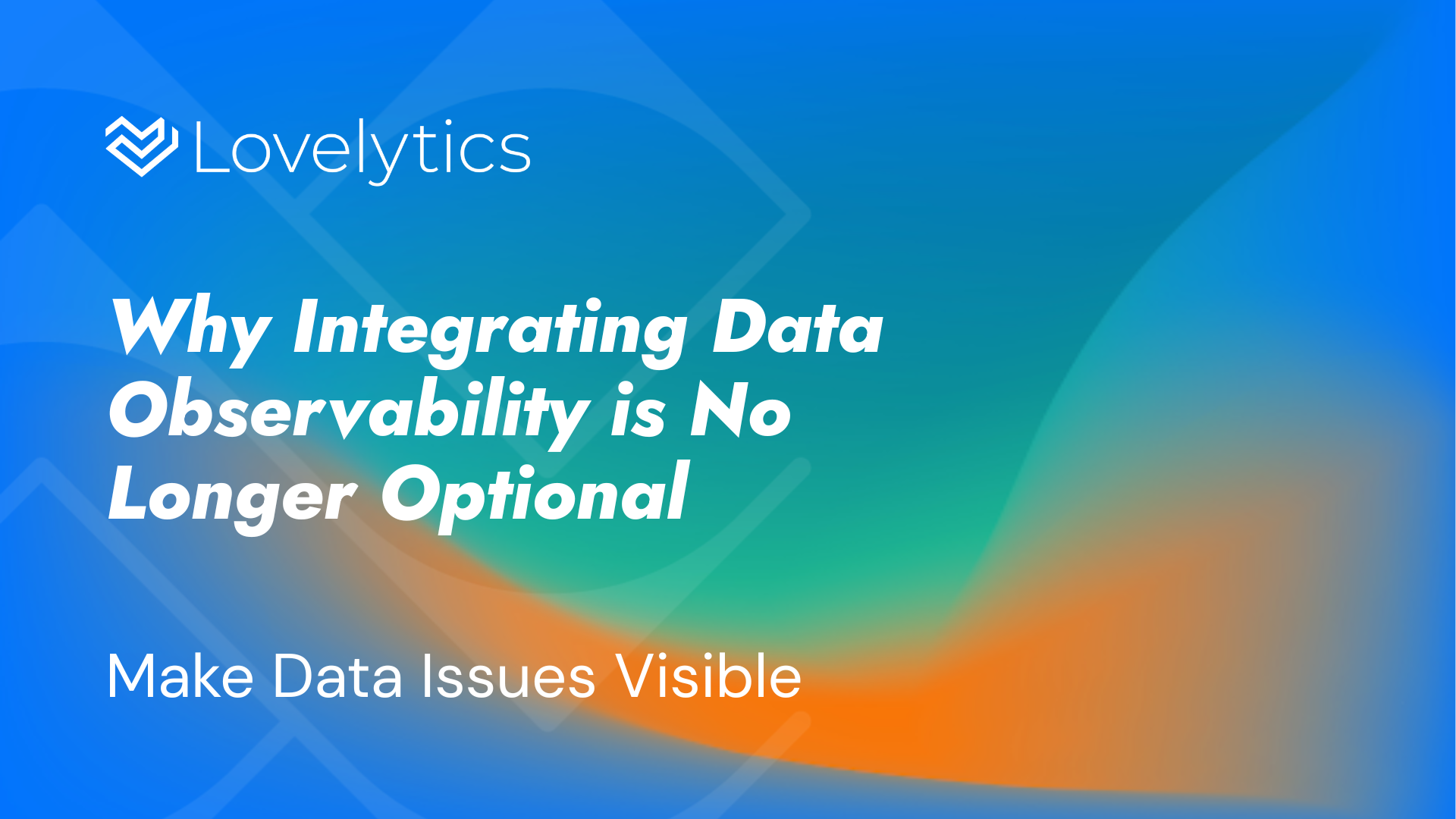AI or Artificial Intelligence is no longer a concept from sci-fi movies. It is now a full reality that is embedded in how businesses operate, make decisions, and engage with customers. From automating processes to generating predictive insights, AI has the potential to transform organizations. But with great potential comes significant risk.
That is where AI Governance comes in.
What is AI Governance?
AI governance is the framework of policies, processes, and oversight that ensure AI systems are ethical, accountable, transparent, and aligned with organizational goals. It’s about balancing innovation with responsibility and making sure that AI is deployed in a way that benefits the business without creating unintended harm.
Governing AI begins at the use case level. Organizations are full of great ideas as to how they can leverage the power of AI. Governance at the use case enables an organization to address concerns around data quality, accountability, ethics, and transparency while measuring potential business value against operational and ethical concerns.
Why Is AI Governance Essential?
1. Mitigating Risk
AI models can introduce legal, reputational, and operational risks if not carefully managed. Algorithms can unintentionally discriminate, produce biased outputs, or make inaccurate predictions. AI governance creates guardrails that drive or organization to monitor, audit, and improve models before they impact company operations.
2. Regulatory Compliance
Governments around the world are introducing extensive AI regulations from the European Union AI Act to state-level privacy laws in the U.S. Without governance, organizations risk noncompliance, fines, and reputational damage. A strong AI governance program ensures that your systems are designed with compliance in mind from the start.
3. Maintaining Trust
Customers, employees, and partners want to know that AI systems are fair and transparent. Trust in models is built when people understand how AI decisions are made and are able to see how they are explained. Governance enables trust by ensuring explainability, accountability, and human oversight.
4. Driving Better Business Outcomes
AI without governance can lead to chaotic results. Governance aligns AI initiatives with strategic objectives, ensuring resources are invested in projects that deliver real value and measurable ROI. It also prevents “shadow AI” projects that bypass proper oversight and waste time or money.
5. Enabling Scalable AI Adoption
When governance is built in from the start, organizations can scale AI confidently. Having defined processes for data management, data availability and quality management, model validation, and ethical review makes it easier to deploy AI across departments without reinventing the wheel every time.
Core Elements of Strong AI Governance
A robust AI governance framework typically includes:
- Clear Policies and Standards: Defining how AI should be designed, tested, and used.
- Ethics and Bias Management: Proactively identifying, assessing, and mitigating bias in data and algorithms.
- Transparency and Explainability: Ensuring AI decisions can be understood and audited.
- Risk and Compliance Oversight: Monitoring models for regulatory adherence and operational safety.
- Accountability Structures – Assigning ownership for AI outcomes and decision-making.
- Data Availability and Quality Management: Assessing if the data that is required for a particular use case is readily available and is considered to be of high quality.
The Bottom Line
It has been said way too often, but to quote the Spiderman comic, “with great power comes great responsibility.” AI is a powerful business enabler, but only if it’s used responsibly. AI governance is not about slowing down or killing innovation. It is about ensuring that innovation can flourish. Without it, organizations risk building systems and models that they cannot trust, explain, or defend.
In short:
AI without governance is like driving a race car at very high speed. The experience can be thrilling if performed properly, but can be extremely dangerous without proper management and protocol.
The organizations that thrive in the AI era will be the ones that build not just smarter models, but stronger guardrails.
At Lovelytics, we have crafted an effective AI Governance methodology that manages key risks while enabling innovation. Our process begins with an AI readiness assessment and is then followed by the delivery of organizational elements across multiple capabilities that will enable AI models to thrive with high-quality data while managing ethical risk, bias, and transparency.

